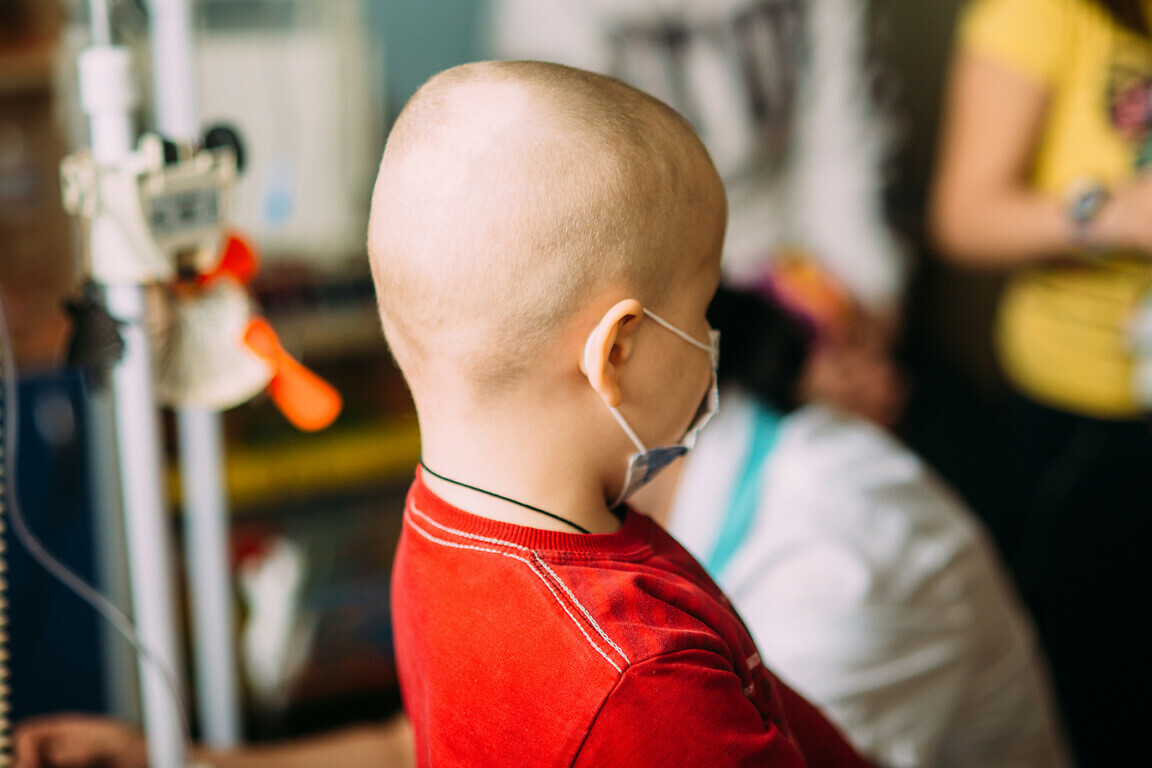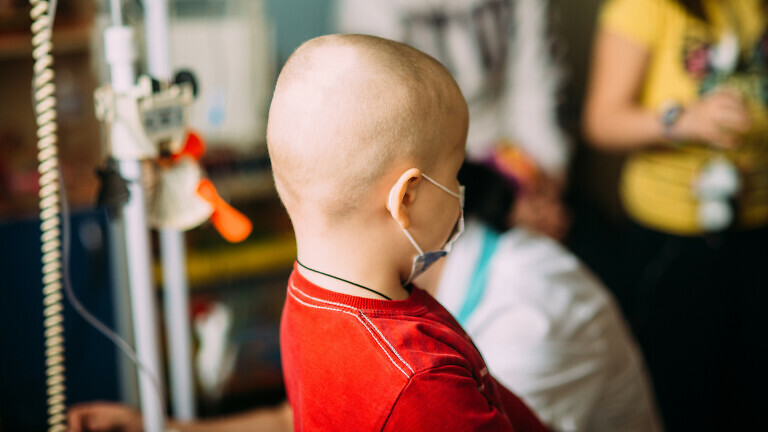There has been “encouraging progress” in how communication and information are provided to children receiving NHS cancer care, although there is still scope for improvement within both the diagnostic process and privacy in hospitals.
The findings come from a new survey commissioned by NHS England and conducted by the healthcare research charity Picker. It gathered feedback from more than 750 children and parents of children who received cancer or tumour care in England between January and December last year. The findings cover young people’s care journeys through diagnosis, treatment, and care at home and in school, and they offer valuable insights into what is working well and where improvements can be made across NHS children’s cancer services.
“The results indicate progress in some key areas of person-centred children’s cancer care, particularly around communication and information provision,” said Amy Tallett, Picker’s head of research.
“While areas of progress are encouraging, challenges remain. It is particularly concerning that fewer children felt that staff always talked to them, instead of just to their parents or carers,” she continued.
Sensitivity is improving
Only 70% of parents or carers reported that they were definitely told about their child’s cancer or tumour diagnosis in a sensitive way. Similarly, 71% of parents or carers felt that they were seen at the hospital as soon as they thought was necessary after being referred by their GP.
There were some improvements in how hospital staff communicated information when children were present. Last year, 77% of parents or carers said that hospital staff were “always” sensitive when discussing information in front of their child (up from 71% in 2023), and 80% felt staff always shared information with children in an appropriate way (up from 76% in 2023).
There were also improvements around privacy in hospitals – although a large proportion of parents, carers, and children still reported concerns. In 2024, 57% said that they “always” had somewhere private to talk to staff when in hospital, an increase from 50% in both 2023 and 2022.
In contrast, the proportion of children who felt that hospital staff “always” talked to them, not just their parent or carer, decreased from 78% in 2023 to 71% in 2024.
“These results should be used by providers to understand care quality from the perspective of young patients and their parents – and this insight should be used to guide improvements in the things that matter most to people affected by childhood cancers,” said Tallett.



